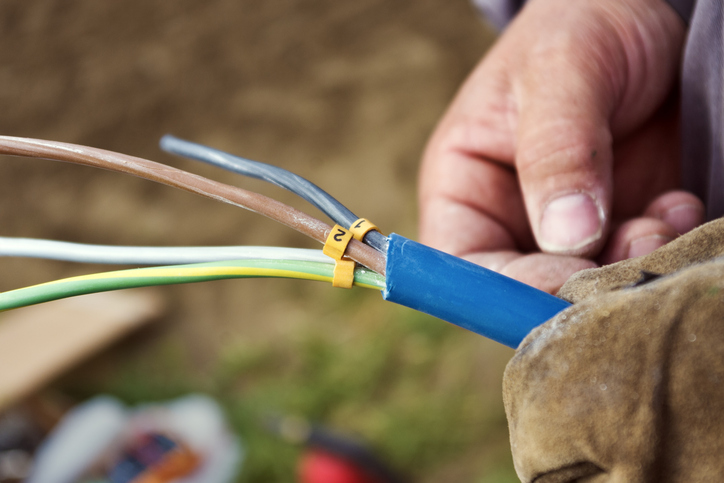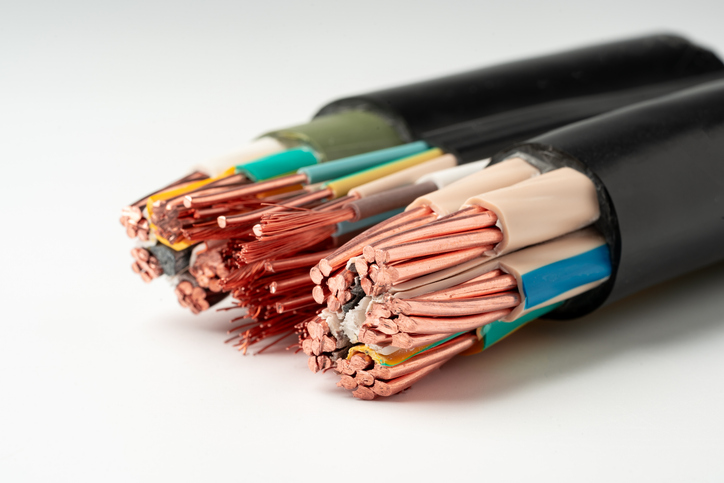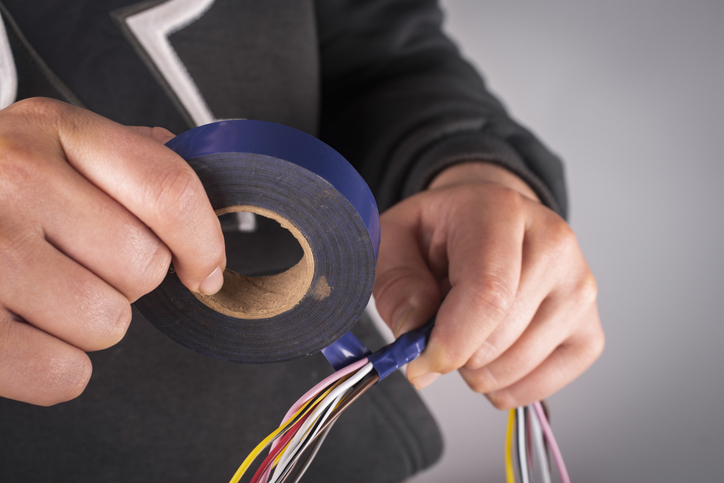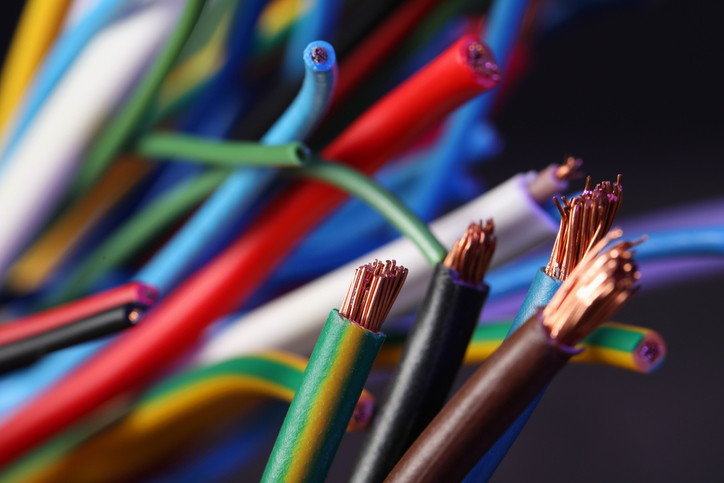Extruded Compounds
When it comes to industrial applications, selecting the right material for resistance against various chemicals is important. Different compounds demonstrate a variety of levels of resistance to industrial chemicals, impacting their suitability for specific applications. Within the guide, it provides a detailed analysis of how common extruded compounds perform under exposure to various chemicals.
Chemical Resistance of Extruded Components
Industrial compounds like cross-linked polyethylene (XLPE), PVC, EPR (Ethylene Propylene Rubber), Neoprene, Polyethylene, and EPDM (Ethylene Propylene Diene Monomer) are used in diverse applications ranging from cables to seals and gaskets. The resistance to damage when exposed to different chemicals can vary significantly, and understanding these differences is key to choosing the most suitable material.
Resistance to Industrial Chemicals
The resistance of these materials to various chemicals has been evaluated using the ASTM D-543 testing method, which involves exposing the materials to chemicals at an elevated temperature of 80°C for 7 days. This testing approach provides reliable insights to the performance of each compound under challenging conditions.
View this Page as a PDF >
| XPLE | Neoprene | PVC | Polyethylene | EPR | EPDM | |
|---|---|---|---|---|---|---|
| Sulfuric Acid (30%) | High | High | High | High | High | High |
| Sodium Hydroxide (10%) | High | High | High | High | Good | Good |
| Ethyl Alcohol | High | High | Good | Good | High | High |
| Acetone (60C) | High | Fair | Fair | Good | Poor | Poor |
| Ethylene Dichloride | Good | Fair | Poor | Poor | Poor | Poor |
| Heptane | Fair | Good | Poor | Poor | Poor | Poor |
| Nitric Acid (10%) | High | High | High | High | High | High |
| Hydrochloric Acid (10%) | High | High | High | High | High | High |
| Acetic Acid (5%) | High | High | Good | High | High | High |
| Cable Oil | Good | Good | Good | Fair | Poor | Poor |
| Gasoline (25C) | High | Good | Poor | Fair | Poor | Poor |
| Palm Oil | High | Good | Fair | Fair | Poor | Poor |
Related Resources

Jacket Selection
The jacket or sheath physically protects the internal components of a cable, improves the cables appearance, provides flame, mechanical, thermal, chemical and environmental protection to the conductors and components.Learn More
Popular Insulation Types
Insulation is a critical component of any wire conducting an electrical current . The right type of wire insulation is determined by numerous factors, including stability, required life, dielectric properties, temperature and moisture resistance, mechanical strength, and flexibility.Learn More
Tape Types
Plastic tapes are rarely used as a primary insulation in electronic wires because such wires, as compared with those having extruded insulations, are relatively expensive.Learn More


